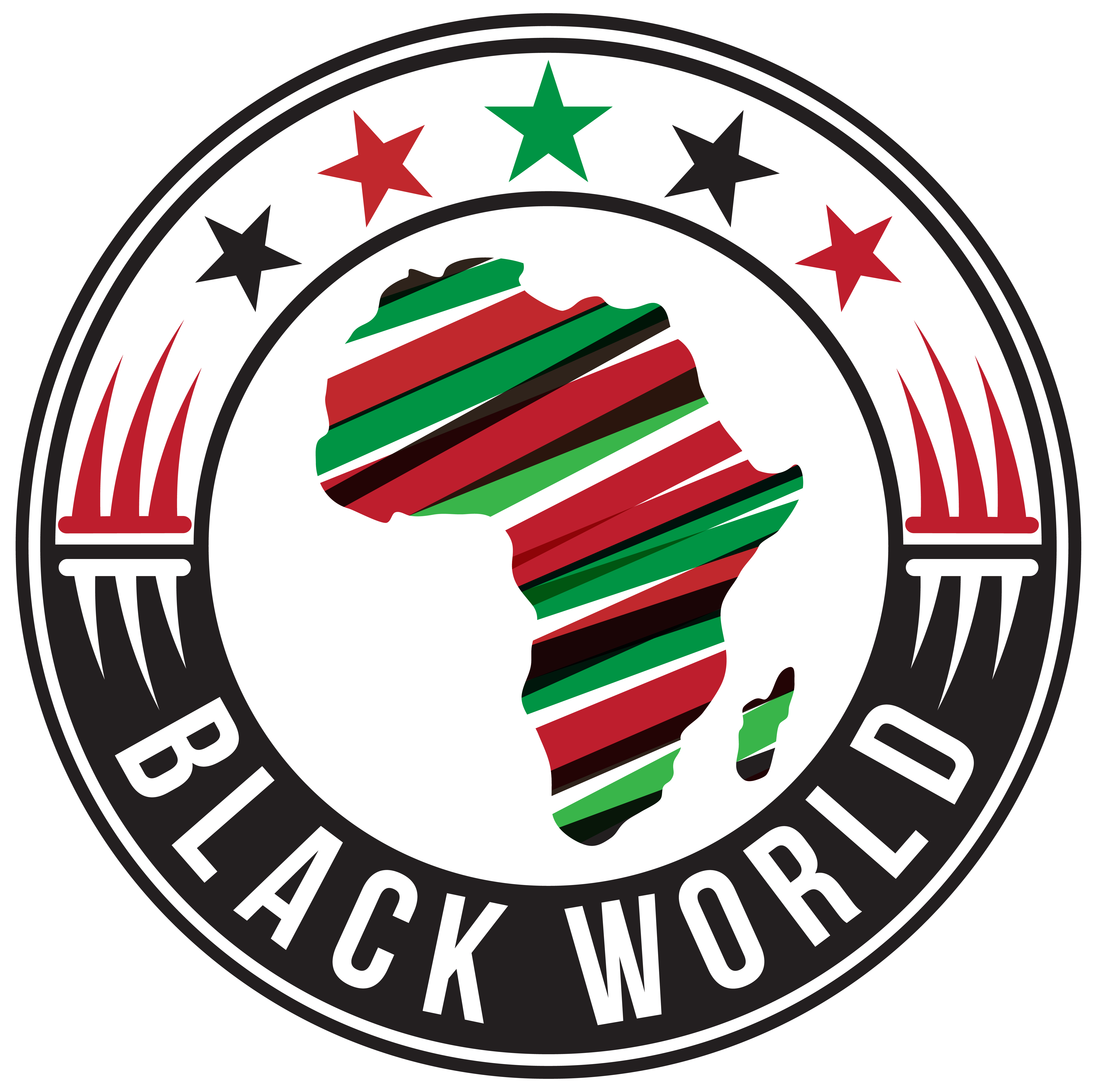
Black Lives Matter
The Black Lives Matter (BLM) movement has emerged as a powerful force for social change, sparking conversations, challenging systemic racism, and demanding justice for marginalized communities.
Born out of a deep-seated need to address racial inequalities and injustices, BLM has transcended its origins to become a global movement that influences societal change in profound ways.
From its origins to its impact on policies, education, and activism, let’s explore how Black Lives Matter is reshaping our world.
Origins and Evolution of BLM
The BLM movement was founded in 2013 by Alicia Garza, Patrisse Cullors, and Opal Tometi, following the acquittal of Trayvon Martin’s killer. It began as a response to the persistent violence and injustice faced by Black individuals, particularly by law enforcement.
Over the years, BLM’s focus has expanded to encompass a broader scope of racial disparities, including systemic racism, economic inequality, education gaps, and more. This evolution has propelled BLM into a multifaceted movement addressing various aspects of societal inequalities.
1. Raising Awareness and Sparking Conversations
One of the most significant ways Black Lives Matter influences societal change is by raising awareness about systemic racism and promoting difficult conversations. The movement has succeeded in bringing issues of racial injustice to the forefront of public discourse.
It has compelled individuals, communities, and institutions to confront uncomfortable truths about racial disparities, police brutality, and the enduring impact of historical injustices. BLM’s ability to generate dialogue has led to increased awareness and consciousness about the need for change.
2. Challenging Institutions and Policies
BLM’s impact goes beyond awareness; it actively challenges institutions and policies that perpetuate racial inequalities. The movement has prompted scrutiny of law enforcement practices, leading to demands for police reform and accountability.
BLM’s advocacy has spurred debates about the criminal justice system, the school-to-prison pipeline, and discriminatory practices in housing and employment. By demanding transparency and change within institutions, BLM is pushing for systemic transformation.
3. Educational Reform and Curriculum Change
Education plays a pivotal role in shaping perspectives and dismantling biases. Black Lives Matter has catalyzed conversations about the representation of Black history and experiences in educational curricula.
The movement calls for a more accurate and inclusive portrayal of history, highlighting the contributions and struggles of Black individuals.
BLM’s influence on education is fostering a generation that is more informed, empathetic, and equipped to challenge racism.
4. Cultural Impact and Media Representation
The cultural impact of Black Lives Matter is evident in the arts, media, and entertainment industries. Creative works, documentaries, and films inspired by the movement provide platforms for marginalized voices to be heard.
BLM’s influence on media representation is steering the conversation toward authenticity and inclusivity. The movement’s efforts to elevate diverse narratives challenge existing biases and contribute to a more accurate portrayal of racial experiences.
5. Global Solidarity and Intersectionality
While rooted in the United States, BLM’s impact has transcended borders. The movement has ignited global solidarity, resonating with communities around the world that face similar struggles against racism and oppression.
BLM’s focus on intersectionality recognizes that racial injustice is interconnected with other forms of discrimination, including gender, sexual orientation, and socioeconomic status. This approach broadens the movement’s reach and underscores the need for comprehensive change.
6. Inspiring Grassroots Activism
Black Lives Matter’s influence on societal change extends to grassroots activism. The movement has empowered individuals to take action within their communities, from organizing protests and rallies to engaging in advocacy and education campaigns.
BLM’s call for justice and equality has encouraged people to become agents of change in their local contexts, amplifying the movement’s impact at the grassroots level.
7. Policy Reform and Legislative Change
Perhaps one of the most tangible ways BLM influences societal change is through policy reform and legislative change.
The movement’s demands for justice have led to discussions about reallocating funds from law enforcement to community resources, implementing body camera policies, and advocating for more accountable policing practices.
BLM’s influence on policy decisions reflects its commitment to transforming the systems that perpetuate racial disparities.
Conclusion
As ‘Black Lives Matter’ continues to evolve and expand, its legacy as a force for justice, equality, and societal transformation will shape the path toward a more equitable and inclusive future. At LUAAC, we advocate for this by raising awareness, challenging institutions, inspiring activism, and supporting policy reform.
Reach out to support a great cause!




